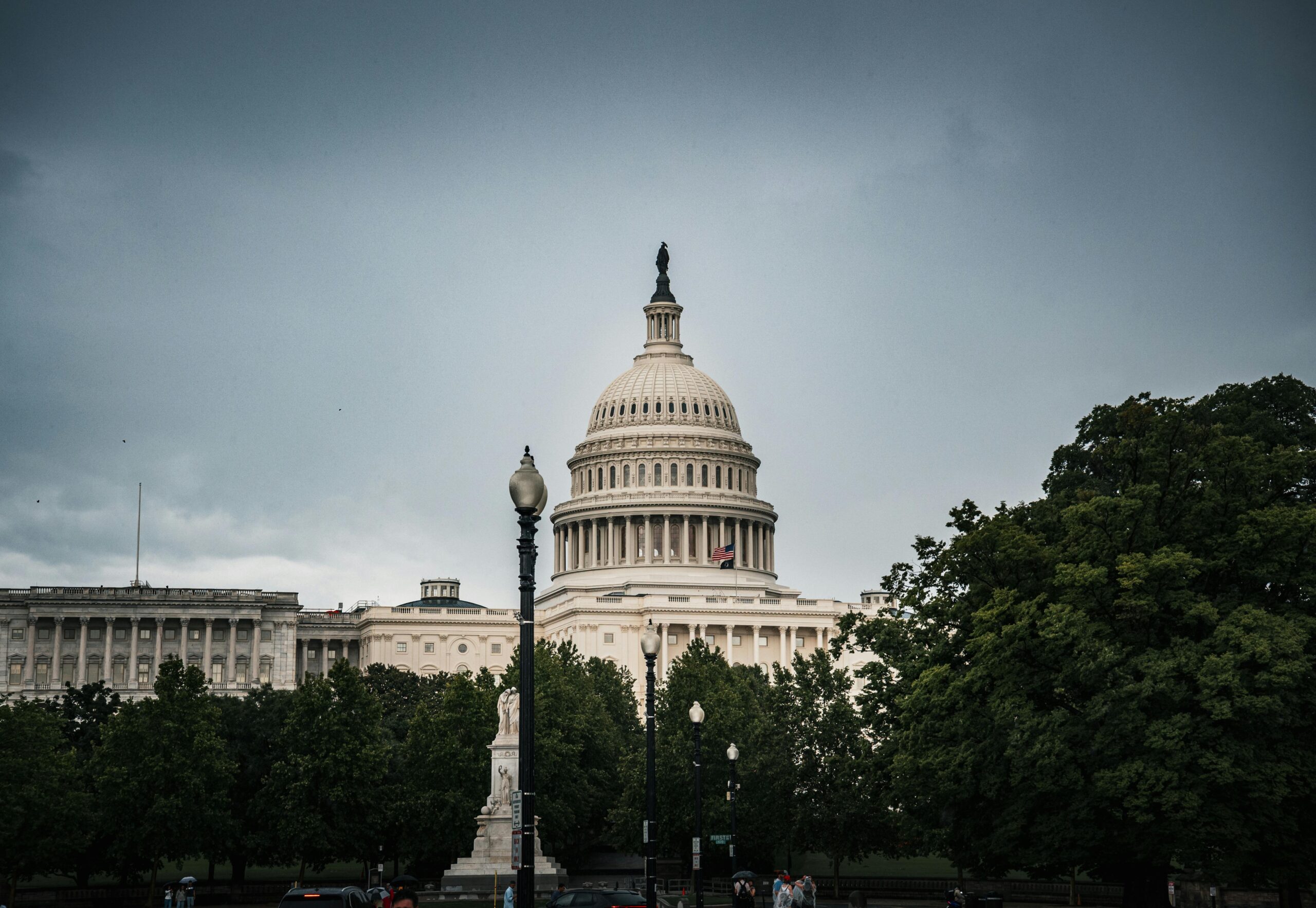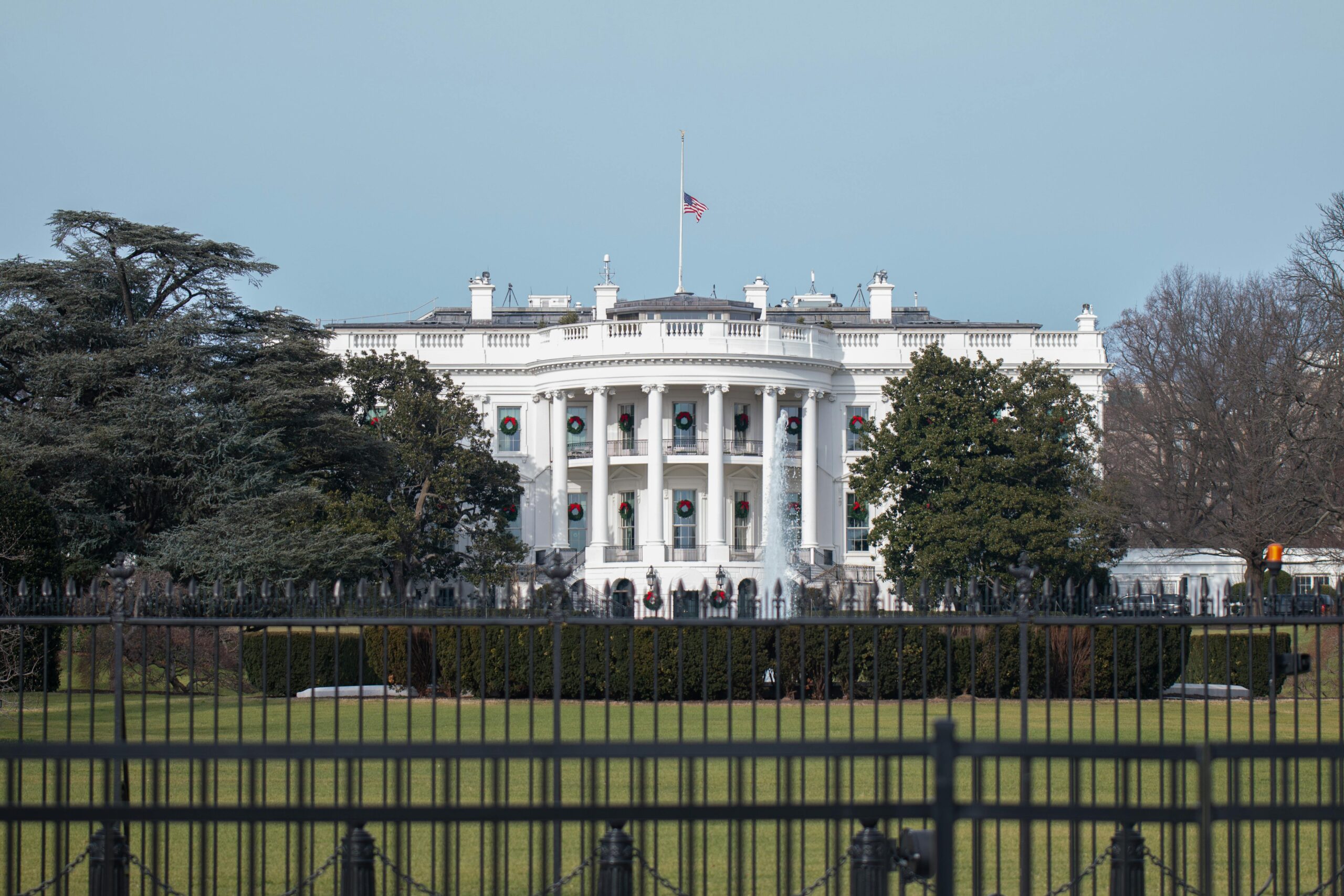Lawmakers have returned to Washington, still trying to make sense of the surprising raid that led to the capture of Venezuelan President Nicolás Maduro and his wife. Meanwhile, House Speaker Mike Johnson (R-LA) has a New Year’s Eve resolution to show voters House Republicans are serious about lowering health care costs after the expiration of enhanced ACA premium tax credits (APTCs). As with all New Year’s resolutions, it’s easier said than done. It’s going to be a crazy year, so let’s get back into it. Welcome to the Week Ahead!
The Administration
The much-anticipated Rural Health Transformation Program awards are out and the White House is wasting no time touting the initial funding with newspaper clippings from all 50 states. In addition to expected public events on how the funding is advancing the Make America Healthy Again agenda, be on the lookout for the first annual CMS Rural Health Summit in March during the 2026 CMS Quality Conference.
States and stakeholders are also eagerly awaiting clarifications from the Centers for Medicare and Medicaid Services (CMS) on Medicaid work requirements that are expected to be finalized in June 2026. The qualifying activities, and more importantly, the exemptions to work requirements, will drastically shape who will be eligible for services.
CMS has also entered the annual Medicare Advantage policy and payment cycle. The agency issued the Contract Year 2027 MA and Part D policy and technical changes proposed rule on November 25, 2025, with comments due January 26, 2026. The proposed Advance Notice is still pending at the Office of Management and Budget.
The Senate
Despite failing to pass either GOP and Democratic health care bill before the break, Senators continued bipartisan talks over the holidays. These talks have involved Sens. Bernie Moreno (R-OH), Susan Collins (R-ME), and Jeanne Shaheen (D-NH), among others. Notably, Sens. Moreno and Collins have been pushing for a proposed two-year extension of the tax credits, along with measures to address concerns about fraudulent activity in the ACA marketplace.
These bipartisan talks are important to watch, as the real challenge is taking up a measure that can meet the Senate’s 60-vote threshold. While the House will be taking up a three-year, clean extension of the enhanced APTCs in January, that bill is DOA in the Senate. There have been discussions, however, that the House bill could be used as a vehicle for a bipartisan package in the Senate.
There’s also that pesky upcoming government funding deadline – January 30 – that will require attention. This has major implications for health care extenders, such as the Medicare telehealth flexibilities and funding for community health centers, which are tied to the soon-to-expire government funding. Congressional GOP appropriators in the House and Senate did reach an agreement on topline funding over the holidays, causing Senate Majority Leader Thune (R-SD) to suggest he may not continue pursuing the five-bill minibus he has been trying to move.
The real question remains as to each side’s stomach for another government shutdown with precious little time left before the deadline for members of Congress to work out their differences. Nothing has really changed since the previous shutdown, though maintaining government funding during an active period of foreign policy could change the dynamic.
The House
Speaker Johnson intends to make health care a focus in 2026 for his conference, and he believes that a partisan reconciliation package could be used to advance those policies. While Speaker Johnson would rather talk about expanding health savings accounts and association health plans, he can’t escape the divisive issue in his conference on what to do with the expired APTCs. We expect Democrats to continue attacking moderate and vulnerable Republican members about their failure to address health care costs – a fact that will ensure these GOP members continue to press for legislation on APTCs.
Meanwhile, a three-year APTC extension will be put to a vote, reportedly as soon as January 9, thanks to a discharge petition brought by House Democratic leadership that has gained the support of four moderate House Republicans.
The House Energy and Commerce Health Subcommittee is wasting no time by jumping right back into health care policy with a legislative hearing on 10 proposals to support access to Medicare services, including clinical lab testing, quality reporting, supplemental oxygen and CMS’ new WISeR Model.
There You Have It
If you like college football, we can’t imagine you were disappointed with the games in the College Football Playoff series – unless, of course, your team lost. This week’s games will be awesome! Do you think Indiana can keep it going? Let us know. Make it a great week!




